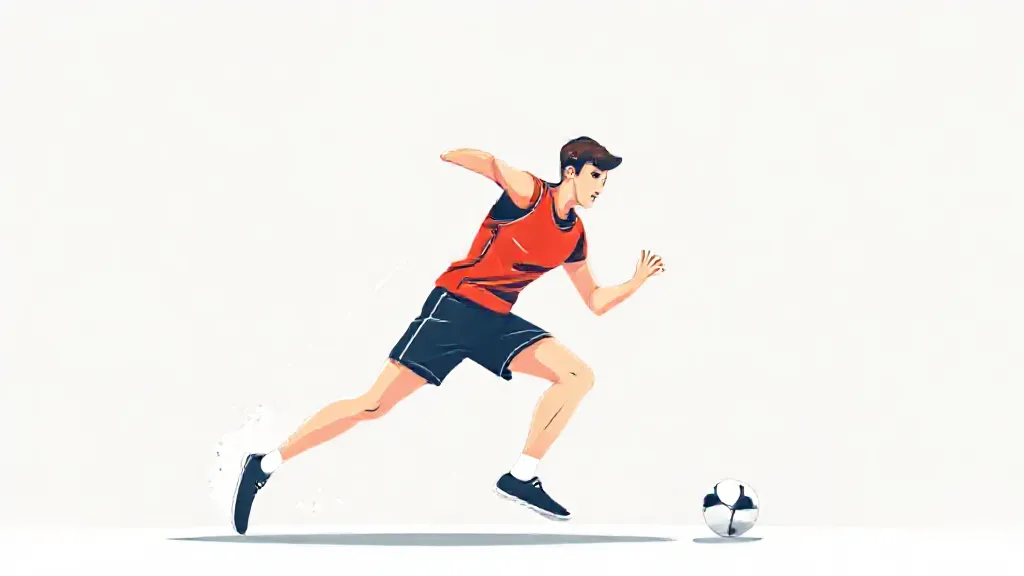In the realm of competitive sports, adaptability is a crucial attribute that can determine the success or failure of athletes and teams. The ability to adjust strategies, techniques, and mindsets in response to changing circumstances is vital in an environment that is often unpredictable and highly competitive. Adaptability allows athletes to respond effectively to various challenges, whether they arise from opponents, environmental conditions, or personal limitations.
This article explores the significance of adaptability in sports, providing a comprehensive look at its impact on performance, training, and overall success.
The Dynamic Nature of Competitive Sports
Competitive sports are characterized by their dynamic nature, where conditions can shift rapidly. For instance, in team sports like soccer or basketball, the strategies employed can change dramatically based on the opponent’s style of play or the scoreline.
An adaptable player can read the game effectively, making real-time decisions that can lead to victory. Historical examples abound, such as the 2016 NBA Finals, where the Cleveland Cavaliers adapted their game plan to overcome a 3-1 series deficit against the Golden State Warriors, ultimately winning the championship. This adaptability not only showcases individual skill but also highlights the importance of a cohesive team strategy that can pivot as needed.
Coping with Adversity: Mental Resilience
Adaptability is not solely about physical adjustments; it also encompasses mental resilience. Athletes face numerous challenges, including injuries, performance slumps, and external pressures. The ability to adapt mentally to these adversities is essential for maintaining peak performance.
For example, tennis players often encounter changing weather conditions that can affect their game. Those who can mentally adjust their strategies and remain focused tend to perform better under pressure. The psychological aspect of adaptability is supported by sports psychology research, which emphasizes the importance of mental flexibility in achieving high-level performance.
Training for Adaptability: Techniques and Strategies
To foster adaptability, athletes and coaches must incorporate specific training techniques that encourage flexible thinking and responsiveness. This can include simulated game scenarios that require quick decision-making, as well as cross-training in different sports to develop a broader skill set. For instance, a football player might benefit from practicing basketball to enhance their hand-eye coordination and spatial awareness.
Additionally, drills that emphasize improvisation and creative problem-solving can prepare athletes to think on their feet during competition.
The Role of Technology in Enhancing Adaptability
In today’s sports landscape, technology plays a pivotal role in enhancing adaptability. Data analytics and performance tracking tools provide athletes and coaches with insights that can inform strategic adjustments.
For example, wearable technology can monitor an athlete’s physiological responses during training and competitions, allowing for real-time adjustments to their approach. Coaches can analyze opponents' game footage to identify weaknesses and adapt their strategies accordingly. This data-driven approach not only aids in immediate adaptability but also contributes to long-term athletic development.
Team Dynamics and Adaptability
In team sports, adaptability is not just an individual trait; it is a collective one. Teams that foster a culture of adaptability tend to perform better, as members can seamlessly adjust to each other's strengths and weaknesses. Communication is key in this regard.
Teams that encourage open dialogue and feedback create an environment where players feel empowered to adapt their roles as needed. A prime example is the New Zealand rugby team, known as the All Blacks, who emphasize adaptability and teamwork, leading to their status as one of the most successful teams in sports history.
Learning from Setbacks: The Growth Mindset
Adaptability is closely linked to the concept of a growth mindset, where athletes view challenges and setbacks as opportunities for growth rather than insurmountable obstacles.
This mindset encourages resilience and a willingness to adjust strategies based on experiences. Athletes like Michael Jordan exemplify this principle; despite facing numerous challenges throughout his career, he adapted his game continually, leading to unprecedented success. Embracing a growth mindset allows athletes to remain flexible and open to change, which is critical in a competitive environment.
The Future of Adaptability in Sports
As sports continue to evolve, the importance of adaptability will only grow. Emerging trends, such as the integration of artificial intelligence in training programs and the increasing complexity of competition, require athletes to remain agile in their approaches. Future athletes will need to cultivate adaptability not just in physical skills but also in their mental strategies and emotional intelligence.
The ability to navigate an ever-changing sports landscape will define the next generation of champions.
Conclusion: Embracing Adaptability for Athletic Success
In conclusion, adaptability is a fundamental component of success in competitive sports. It encompasses a range of skills, from mental resilience to strategic flexibility, and is essential for both individual athletes and teams.
By fostering an adaptable mindset and training approach, athletes can enhance their performance, overcome challenges, and ultimately achieve their goals. The dynamic nature of sports demands that athletes remain not only skilled but also versatile, ready to adjust at a moment's notice to secure victory.
